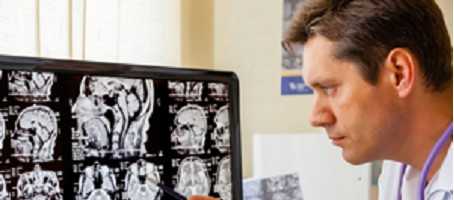Researchers from the University of Michigan Comprehensive Diabetes Centre have discovered a new role played by a brain hormone in addressing blood sugar levels, potentially offering improved treatment for diabetes and hypogylcemia.
The study, conducted in association with researchers from the University of Cambridge, University of Edinburgh, and the University of Chicago, represents a significant development in our understanding of the brain’s role in sensing and regulating blood glucose levels. The findings could lead to big improvements in diabetes control.
The hormone in question is called cholecystokinin (CCK). It helps to regulate the body’s response to low blood glucose levels. When blood sugars fall too low, CCK contributes to the appropriate bodily response.
Previous research had indicated that CCK has an effect on appetite and anxiety levels, but this is the first study to reveal its role in the brain’s response to blood glucose levels, making the findings particularly important to people with diabetes.
Lora K. Heisler, Chair of Human Nutrition at the Rowett Institute of Nutrition and Health at the University of Aberdee, and one of the study’s authors, said: “It is remarkable to find that such an incredibly small set of cells in the brain play such an important role in maintaining normal glucose levels.”
“When patients suffer repeated bouts of hypoglycemia they can develop ‘unawareness’ which means they find it difficult to detect symptoms that their blood sugar levels are falling and it is this group particularly that we hope could benefit from our findings in regard to the role played by CCK.”
Study author Martin G. Myers, Jr., M.D., Ph.D., and the Marilyn H. Vincent Professor in Diabetes Research at the University of Michigan Comprehensive Diabetes Centre, said:
“The discovery of the important function of this brain hormone raises the possibility of using drugs targeting the CCK system to boost defences against hypoglycemia, the clinical syndrome that results from low blood sugar.”
The study was published in Nature Neuroscience.
What's new on the forum? ⭐️
Get our free newsletters
Stay up to date with the latest news, research and breakthroughs.








